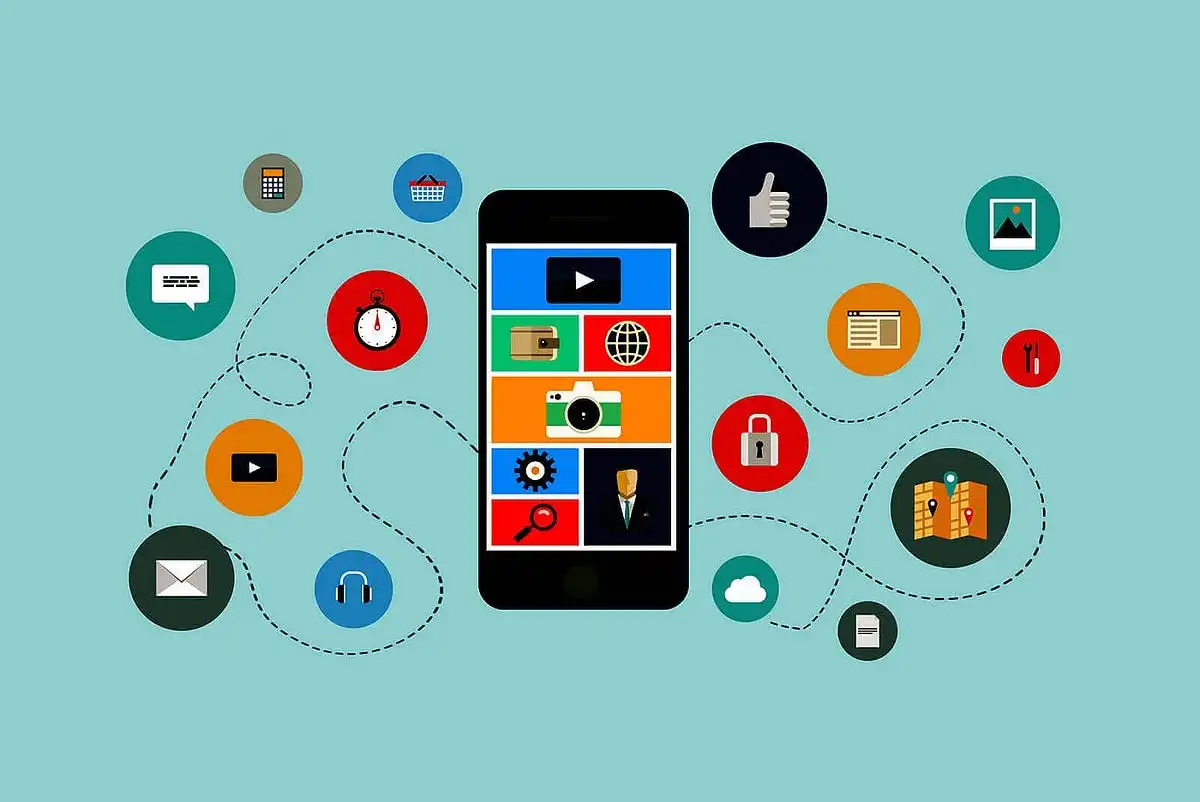In today's digital era, where mobile applications have become an integral part of our lives, ensuring their quality is paramount. Mobile app Quality Assurance (QA) plays a crucial role in delivering a seamless user experience and maintaining the reputation of the app. In this comprehensive guide, we will delve into the importance of mobile app QA, the consequences of poor QA, essential tests for mobile app QA, and conclude with key takeaways.
Mobile App QA
Quality Assurance (QA) in the context of mobile applications refers to the systematic process of ensuring that the developed app meets specified requirements and standards. It involves rigorous testing of the app's functionality, performance, security, and usability across various devices and platforms.
Why is Mobile App QA Important?
- Enhanced User Experience: QA ensures that the app functions smoothly without any glitches or errors, thereby enhancing user satisfaction and retention.
- Brand Reputation: A high-quality app reflects positively on the brand, fostering trust and credibility among users. Conversely, a poorly performing app can tarnish the brand's reputation.
- Minimized Risks: Thorough QA helps identify and mitigate potential risks and vulnerabilities, such as security breaches or data leaks, before they can impact users.
- Cost Savings: Detecting and fixing bugs during the development phase is far more cost-effective than addressing them post-launch. QA helps in reducing the overall cost of app maintenance and support.
- Competitive Advantage: In a saturated app market, delivering a flawless user experience sets you apart from competitors and increases the likelihood of app success.
Consequences of Poor App QA
- Negative User Reviews: Users are quick to voice their dissatisfaction with buggy or unreliable apps through reviews and ratings, which can deter potential users from downloading the app.
- Increased Churn Rate: Users are less likely to remain loyal to an app that fails to meet their expectations. A high churn rate can significantly impact the app's success and revenue.
- Security Breaches: Inadequate QA may leave the app vulnerable to security threats, leading to data breaches, identity theft, or other cyber attacks, resulting in severe repercussions for both users and the app owner.
- Legal and Regulatory Issues: Non-compliance with industry regulations and standards due to poor QA practices can result in legal liabilities, fines, or even lawsuits, damaging the reputation and financial standing of the app owner.
- Resource Drain: Constantly addressing issues and fixing bugs post-launch consumes valuable resources, including time, money, and manpower, which could have been better utilized for innovation and growth.
Essential Tests for Mobile App QA
- Functional Testing: Verifies whether the app functions according to the specified requirements, including user interface (UI) navigation, features, and interactions.
- Performance Testing: Evaluates the app's responsiveness, speed, stability, and scalability under various conditions, such as different network speeds and user loads.
- Compatibility Testing: Ensures that the app performs seamlessly across multiple devices, operating systems (iOS, Android), screen sizes, and orientations.
- Security Testing: Identifies and addresses potential security vulnerabilities, such as unauthorized access, data leakage, encryption flaws, and insecure APIs.
- Usability Testing: Assesses the app's user-friendliness, intuitiveness, and accessibility, taking into account factors such as navigation flow, visual design, and ease of use for different user demographics.
- Localization Testing: Checks the app's functionality and linguistic accuracy in different languages and regions, ensuring cultural relevance and user acceptance.
- Regression Testing: Validates that recent code changes or updates have not adversely affected the existing features or functionality of the app.
Conclusion
In conclusion, mobile app QA is not just a mandatory step in the app development process; it is a fundamental aspect that directly impacts user satisfaction, brand reputation, and overall success. By prioritizing QA from the initial stages of development and adopting a comprehensive testing strategy, app owners can mitigate risks, deliver a superior user experience, and stay ahead of the competition.

